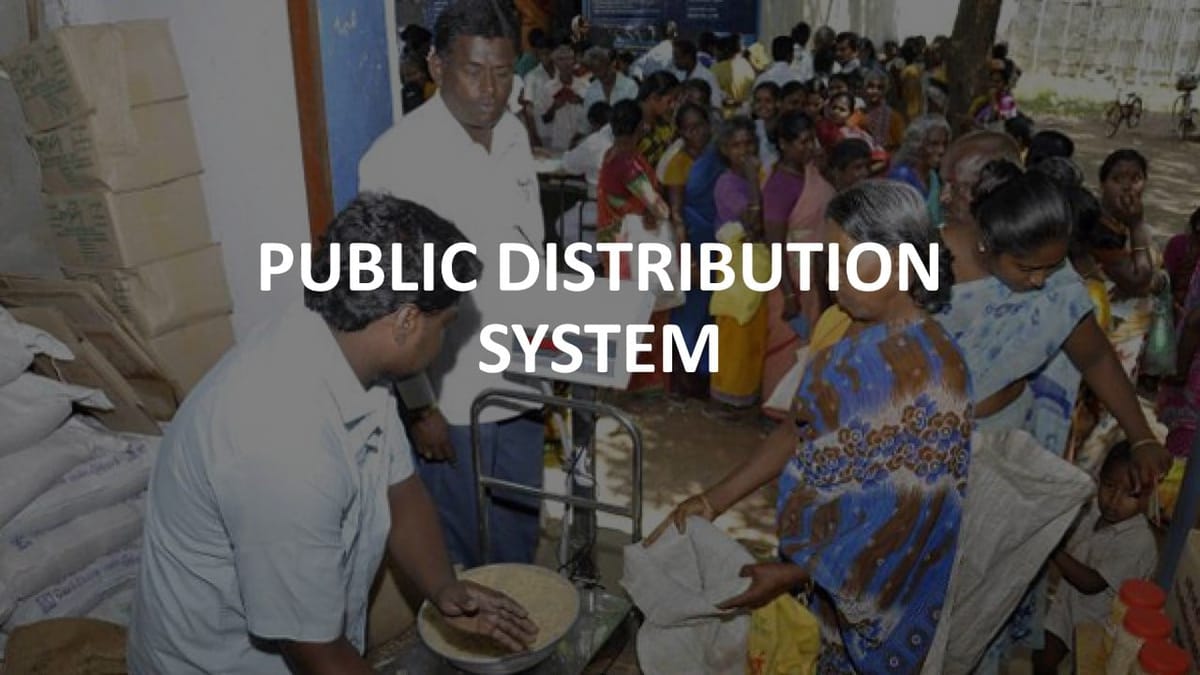Nilisha | Apr 8, 2022 |

5% GST applicable on Superior Kerosene Oil along with other charges supplied under Public Distribution System: AAR
The Advance Ruling Authority (AAR) bench consisting of Mr Brajesh Kumar Singh, Joint Commissioner, CGST & CX and Mr Joyjit Banik, Senior Joint Commissioner, SGST ruled that, other elements involved in the instant supply shall not qualify for exemption and the entire supply value attracts 5% GST.
The applicant is an agent for Indian Oil Corporation Limited (IOCL) and works with fair pricing dealers to distribute Superior Kerosene Oil (SKO) for household use. The applicant exclusively sells to dealers who have been approved by the Director of Consumer Goods, Department of Food and Supplies, West Bengal Government. The District Controller, Food and Supplies, Government of West Bengal, also sets the price at which the applicant can supply as an agent, as well as the components of such prices.
The applicant claims that the Director of Consumer Goods, Government of West Bengal, has granted them a licence to supply P.D.S. Kerosene as an agent under the Indian Oil Corporation Limited Oil Marketing Company at an approved selling price to the tagged S.K.Oil Dealers and Permit Holders as directed by the Licensing Authority. The petitioner claims that it is his responsibility to comply with the rules of the West Bengal Kerosene Control Order, 1968.
According to the price chart provided by the District Controller for Food and Supplies, the applicant is only required to levy GST at 5% on the base price of kerosene. According to the rate table, no GST is applicable to other expenses such as agent’s fee, agent’s transport charges, stationery charges, compensation for handling & evaporation loss. Because the applicant is obligated to follow the price structure set forth in the aforementioned rate chart, an invoice is issued charging GST at 5% only on the price of kerosene.
The applicant claims that in the regular course of business, kerosene oil supply and other charges such as transportation, commission, stationery, H&E Loss, and so on are naturally bundled. Because there are two or more taxable supplies, this is classified as a composite supply, and the primary supply in this case would be the supply of Superior Kerosene Oil, as it is the most prevalent constituent of the composite supply. As a result, the rate of tax on other charges will be the same as that on Superior Kerosene Oil, i.e. 5%, and other costs will not be excluded.
The applicant further stated in its submission that, if the other costs are deemed as exempt, ITC reversal under Rule 42 will only apply to the common input and input services since the purchase of Superior Kerosene Oil from IOCL will be treated as entirely attributable to the taxable supply, i.e. the supply of SKO to the Fair Price shops. It would not be applied to any other charges that were recovered. ITC reversal under Rule 42 should not be applied to the purchase of SKO from IOCL because it is only applicable to taxable goods and not exempt supplies.
The department, on the other hand, stated in its submission that Section 15(2) (c) states that the value of a supply includes any incidental expenses, such as commission and packing, charged by the supplier to the recipient of a supply, as well as any amount charged for anything done by the supplier in connection with the supply of goods or services, or both, at the time of, or before delivery of goods or supply of service. In this situation, the applicant is charging PDS dealers a commission. However, he is only recouping the commission that he is entitled to as a “agent” from the IOCL. As a result, such a recovery is a reimbursement, which is not subject to GST. The applicant is supplying the PDS with taxable items SKO (HSN 271019) rather than services. However, by supplying SKO to PDS, the applicant is actually providing pure services to the District Controller, Food and Civil Supplies, Nadia, Government of West Bengal, in relation to functions entrusted to Panchayats under Article 243 G or Municipalities under Article 243 W of the Constitution of India, and such service is specifically exempted by notification no 12/2017- Central Tax – Rate dated 28/6/2017.
The court noted that, in the instant case, the applicant admittedly charges the recipient of products, i.e., dealers, commission, transportation charges, stationery expenses, compensation for handling & evaporation loss, in addition to the price of kerosene. As a result, the court believes that the remaining components of the instant supply do not qualify for exemption.
As a result, the amount received by the applicant in this respect will be included in the value of the supply for which tax will be levied under section 9 subsection (1) of the GST Act. “Incidental expenses, including commission and packing, charged by the supplier to the recipient of a supply, and any amount charged for anything done by the supplier in respect of the supply of goods or services or both at the time of, or before delivery of goods or supply of services,” according to clause (c) of sub-section (2) of section 15. The aforesaid clause thus clearly specifies that in respect of supply of goods, any amount charged for anything done by the supplier at the time of, or before delivery of goods shall be a part of the value of supply.
In case of any Doubt regarding Membership you can mail us at [email protected]
Join Studycafe's WhatsApp Group or Telegram Channel for Latest Updates on Government Job, Sarkari Naukri, Private Jobs, Income Tax, GST, Companies Act, Judgements and CA, CS, ICWA, and MUCH MORE!"